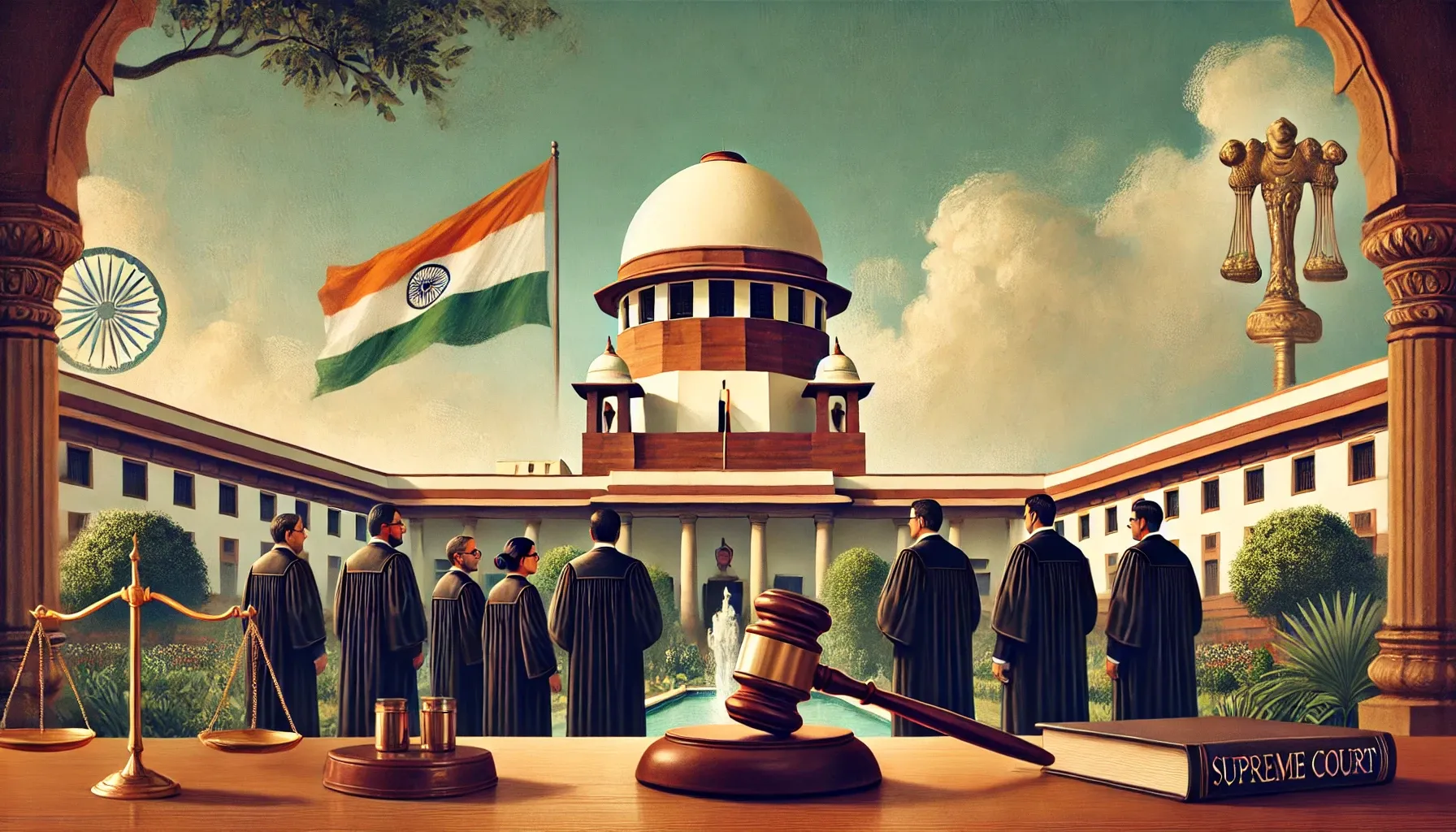The Supreme Court ruled that a preliminary inquiry is not mandatory before registering an FIR against a public servant under the Prevention of Corruption Act, affirming the discretion of the investigating agency.

The Supreme Court of India has recently examined a significant legal issue regarding the need for a preliminary inquiry before registering an FIR under the Prevention of Corruption Act (PC Act). The Court clarified that a preliminary inquiry is not a mandatory requirement before filing an FIR against a public servant accused of corruption. The Court emphasized that although a preliminary inquiry is often desirable, it is neither a vested right of the accused nor a pre-requisite for filing an FIR. This judgment is a crucial development in the interpretation of the Criminal Procedure Code (CrPC) concerning corruption-related offenses.
Key Developments in the Case
- Case Background:
The State of Karnataka had filed an appeal in the Supreme Court after the High Court of Karnataka quashed an FIR against a public servant involved in a case concerning disproportionate assets under the PC Act. The FIR was registered under Sections 13(1)(b) and 13(2) of the Prevention of Corruption Act, 1988. - Issue at Hand:
The key question before the Supreme Court was whether conducting a preliminary inquiry was mandatory before registering an FIR in a corruption case, or if the source information report could serve as an adequate substitute for such an inquiry.
Supreme Court's Observations and Ruling
- Preliminary Inquiry Not Mandatory:
The Court noted that preliminary inquiries are not a sine qua non (essential condition) for registering an FIRagainst a public servant accused of corruption. The Court observed, “It is perspicuous that conducting a preliminary inquiry is not sine qua non for registering a case against a public servant who is accused of corruption. While preliminary inquiry is desirable in certain categories of cases, including those under the PC Act, it is neither a vested right of the accused, nor a mandatory pre-requisite for registration of a criminal case.” - Purpose of Preliminary Inquiry:
The purpose of a preliminary inquiry, according to the Court, is not to verify the truth of the information received, but simply to ascertain whether it discloses the commission of a cognizable offense. The Court explained, “The purpose of a preliminary inquiry is not to verify the veracity of the information received, but merely to ascertain whether the said information reveals the commission of a cognizable offence.” - Discretion of Investigating Agency:
The Court highlighted that the necessity for a preliminary inquiry depends on the facts and circumstances of each case. The investigating agency has discretion to determine whether such an inquiry is needed based on the details provided in the source information report. - Relying on Source Information Report:
The Court ruled that in this particular case, the source information report was detailed enough to serve as a preliminary inquiry. This report provided substantial information about the discrepancies in the assets and incomeof the accused. Therefore, the Court upheld the registration of the FIR, restoring the case against the respondent public servant.
Court's Verdict and Final Decision
- The Supreme Court set aside the High Court’s decision, restoring the FIR against the accused public servant. The Court reaffirmed that preliminary inquiries are not mandatory if the information already reveals the commission of a cognizable offense.
- Affirmation of Previous Judgment:
The Supreme Court also referred to a previous judgment in Central Bureau of Investigation v. Thommandru Hannah Vijayalakshmi, which had clarified that preliminary inquiries are not compulsory when the information discloses a cognizable offense. The Court observed that the decision in Lalita Kumari v. State of Uttar Pradeshdoes not impose a mandatory requirement for a preliminary inquiry in corruption-related matters, leaving it to the discretion of the investigating agency.
Case Title: STATE OF KARNATAKA VERSUS T.N. SUDHAKAR REDDY
Attachment:





